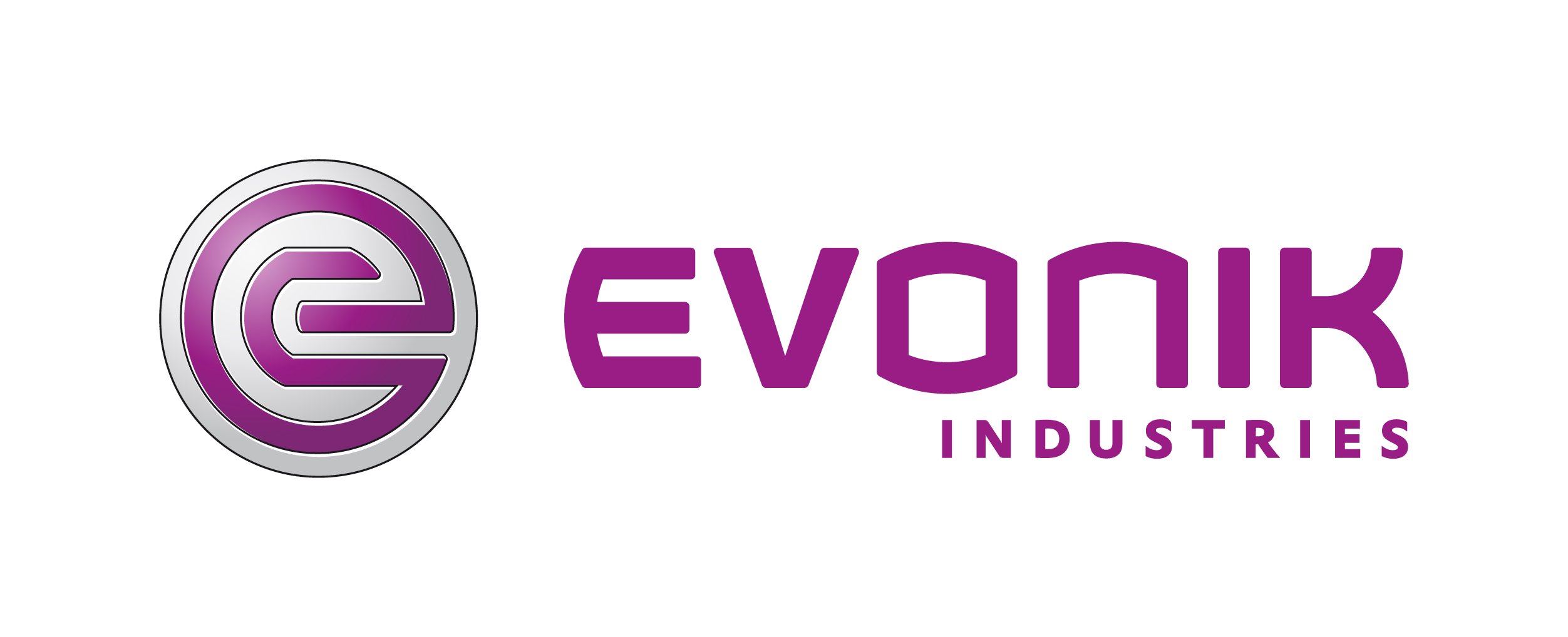The industrial sector increasingly relies on third-party collaborations to optimize production, reduce costs, and accelerate innovation. However, these partnerships come with challenges, particularly in coordination, compliance, and risk management.

Coordination complexity
Managing diverse partners with varying interests, practices, and objectives can be difficult. Factors such as geographical spread, technical complexities, and cultural differences add to this challenge. Insufficient coordination can lead to delays, unsafe working conditions, and increased costs.
Key strategies for effective collaboration
Unified communication systems
Implementing a centralized platform for real-time updates and document management can streamline communication and documentation, reducing miscommunication and improving efficiency.
Standardized processes
Using clear checklists and templates ensures systematic safety checks and quality assurance, promoting consistency and reducing errors.
Regular project reviews
Scheduling progress meetings helps in promptly resolving issues and sharing best practices, fostering a collaborative culture.
Risk management framework
Early identification and assessment of risks, coupled with regular updates to mitigation strategies, can prevent potential problems.
Cultural Awareness Training
Enhancing communication skills through cultural awareness training can bridge gaps between diverse teams, improving cooperation and reducing conflicts.
For efficient third-party collaboration, consider Onyx One. Our platform offers comprehensive tools for qualification, training, job assignments, and compliance monitoring, ensuring secure and transparent partnerships.











